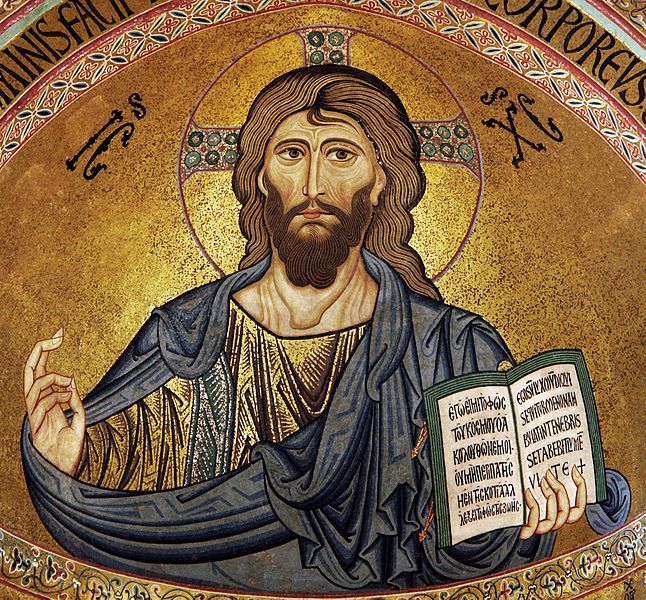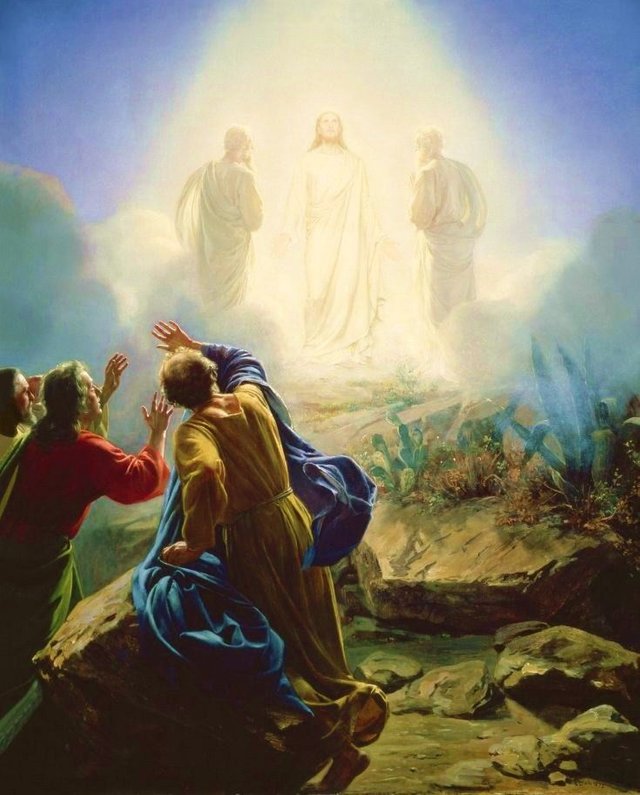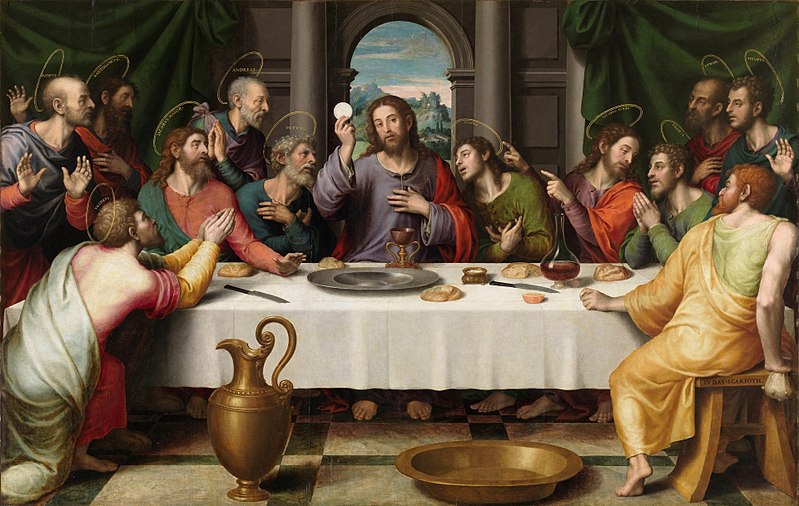BASIC DOCTRINES OF CHRISTIANS - THE BELIEF ABOUT JESUS CHRIST
The second article of the Christian creed stipulates faith in Jesus Christ as the incarnate son of God, sent as the expected Messiah to procure salvation for mankind through his sacrificial death on the cross and resurrection.

Christians believe that Jesus was both human and divine—the Son of God . While there has been theological debate over the nature of Jesus, Trinitarian Christians believe that Jesus is the Logos, God incarnate, God the Son , and " true God and true man "—both fully divine and fully human. Jesus, having become fully human in all respects, suffered the pains and temptations of a mortal man, yet he did not sin . As fully God, he defeated death and rose to life again. According to the Bible, God raised him from the dead. He ascended to heaven to sit at the right hand of God, and he will return to earth again for the Last Judgment and the establishment of the Kingdom of God in the World to Come .
This belief in Jesus Christ has become the essential point of difference between christianity and judaism in particular, and other world religion in general. According to Christian Faith, as informed by New Testament theology, Jesus, whose most important title is "Christ", is the expected Messiah sent by God to incaugrate the kingdom, hence the title Christ. He is the creative word for God, the logos made man. His torture and execution by crucifixion by the Roman authorities is seen as preordained by God as sacrifice of the restoration of fellowship between God and Man. Following the New Testament account, Christians further believe that Jesus rose form the dead three days after his death and later ascended into heaven, where he sits with the father as part of the Triune Godhead. It is believed that he will come again at the end of time as judge to the whole world.

Image Source : Wikipedia - The Transfiguration of Jesus , depicted by Carl Bloch , 19th century
The deification of Jesus, who is at the same time man, indeed the incarnation has become a difficult, and the most problematic question in Christology. The problem centers around how perfect divinity (God like) and perfect humainity can be united in one person, and the relationship between the two natures in one person of Christ. The debate generated by these questions lasted over four centuries and led to a number of schisms (division), before the Council of Chaldeon (451) came up with an official definition of the problem. Jesus Christ had two natures divine and human. He was simultaneously "One in being" with God and "One in being" with humanity, and therefore able to mediate between them. At the same time, the two natures of Christ are so united in him that there is only one person. As divine, he is of one essence consubstantial with the Father. The same person of Christ is at the same time a perfect human being.
The prologue to the Gospel of John identifies:
- Jesus as an incarnation of the divine Word (Logos ).
- As the Word, Jesus was eternally present with God, active in all creation, and the source of humanity's moral and spiritual nature.
- Jesus is not only greater than any past human prophet but greater than any prophet could be.
- He not only speaks God's Word; he is God's Word.
- In the Gospel of John, Jesus reveals his divine role publicly. Here he is the Bread of Life, the Light of the World, the True Vine and more.

Image Source : Wikipedia - The Last Supper , depicted by Juan de Juanes , c. 1562
Judaism , apart from Messianic Judaism movements, rejects the belief that Jesus was the awaited Messiah, arguing that he did not fulfill Messianic prophecies . Jewish views on Jesus are that he was neither divine nor resurrected.
Stay blessed
Check previous post here: 👇
MAJOR DOCTRINES OF CHRISTIANS - THE BELIEF ABOUT GOD

